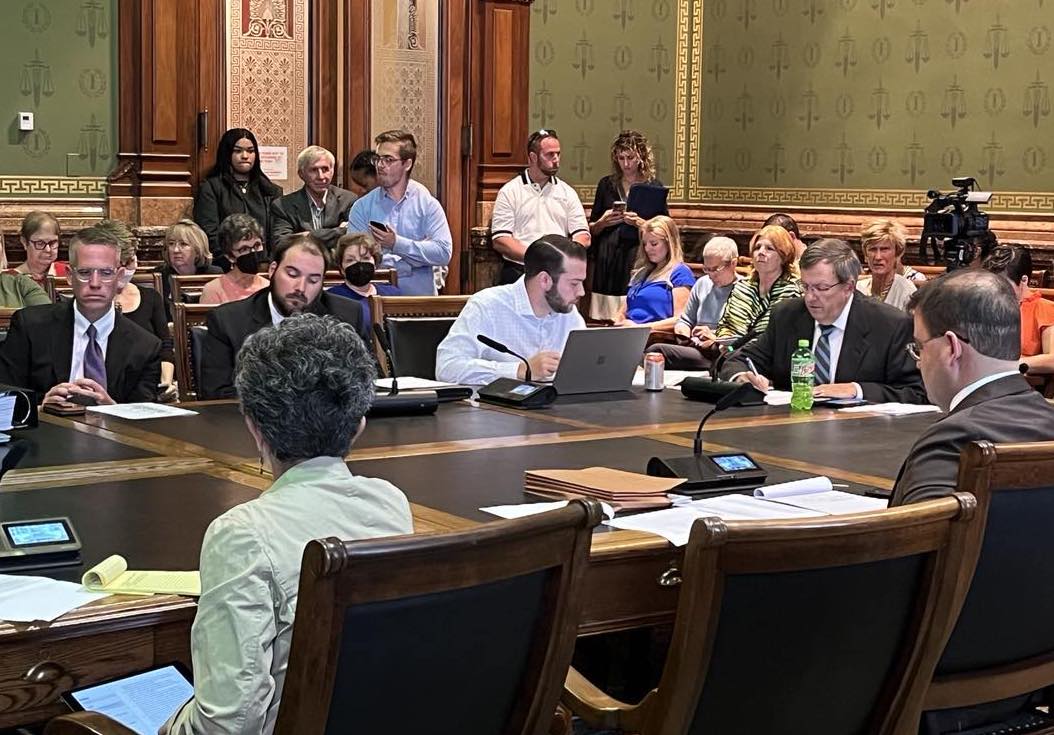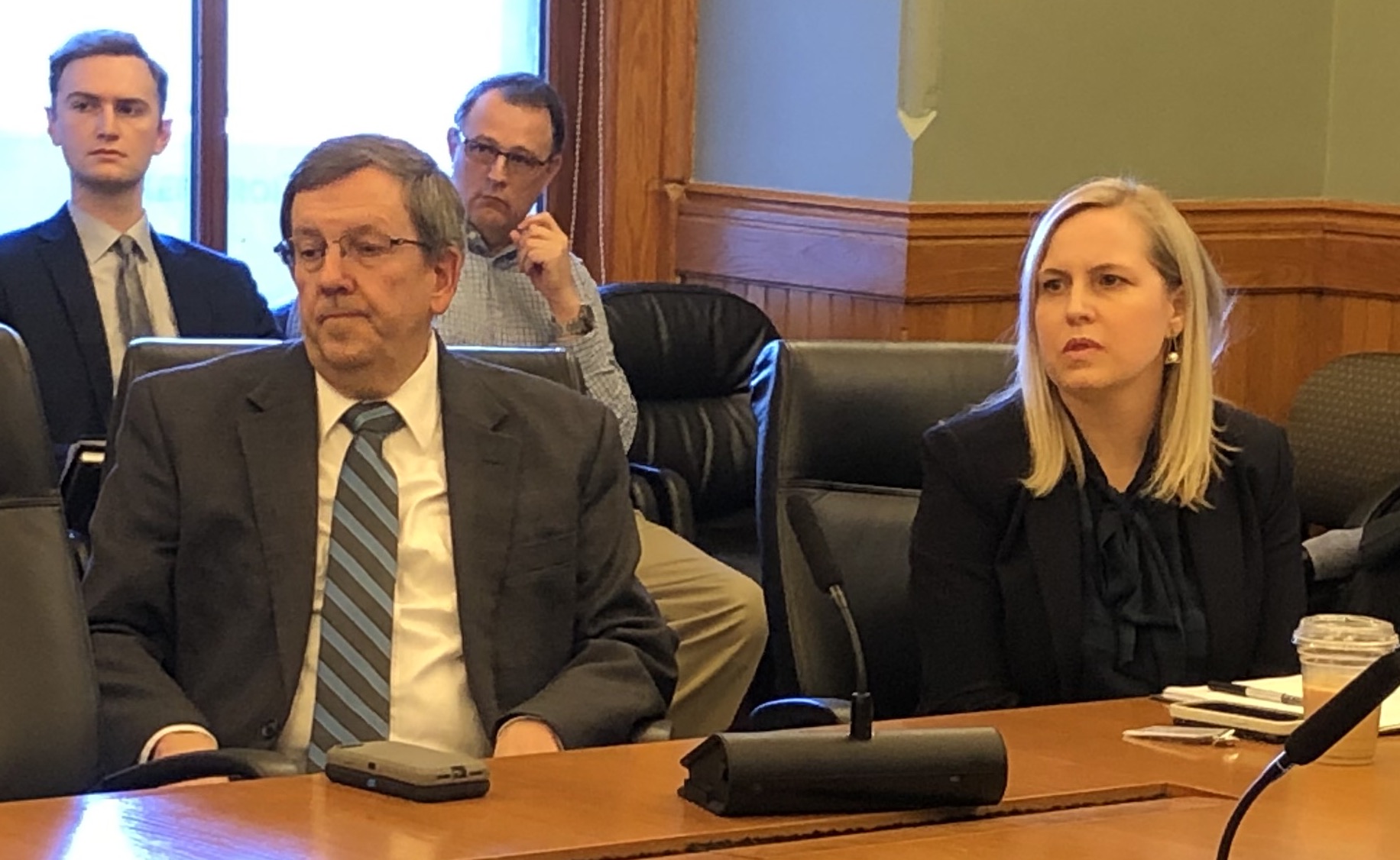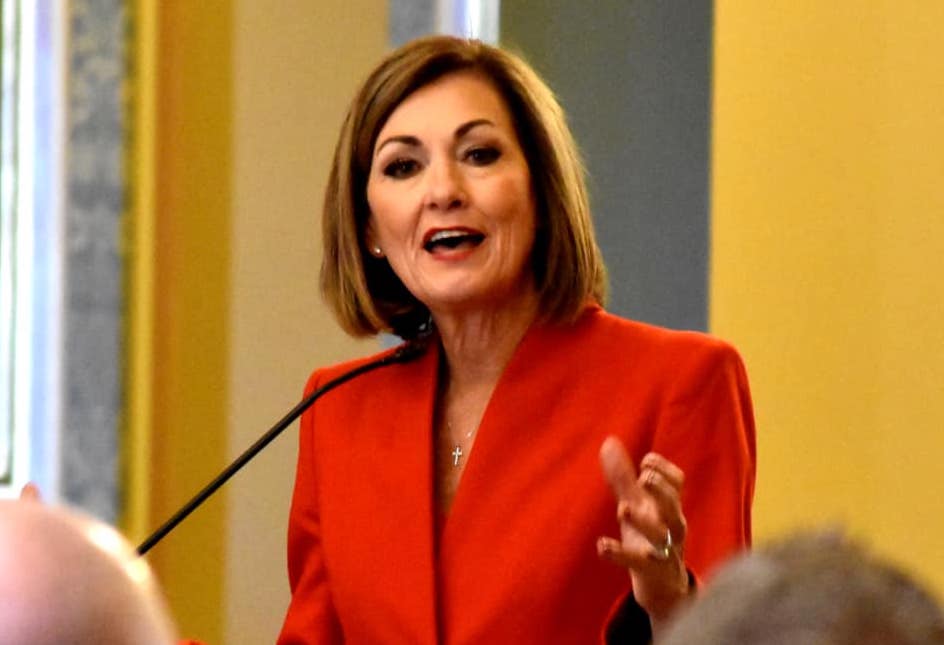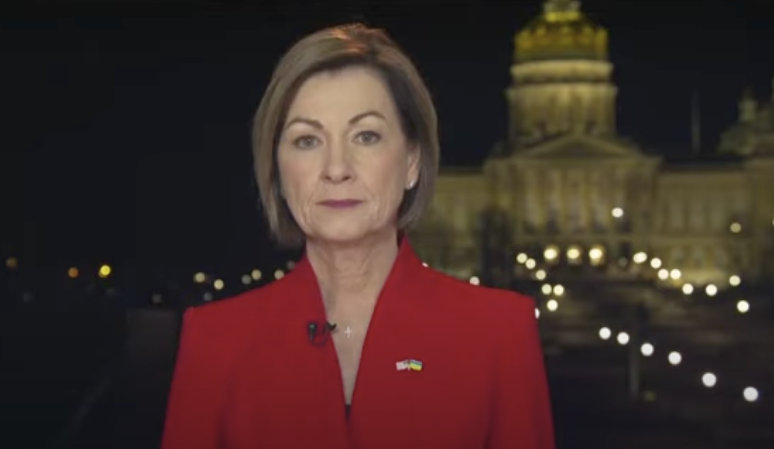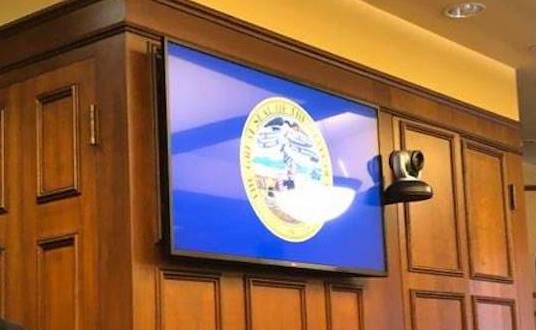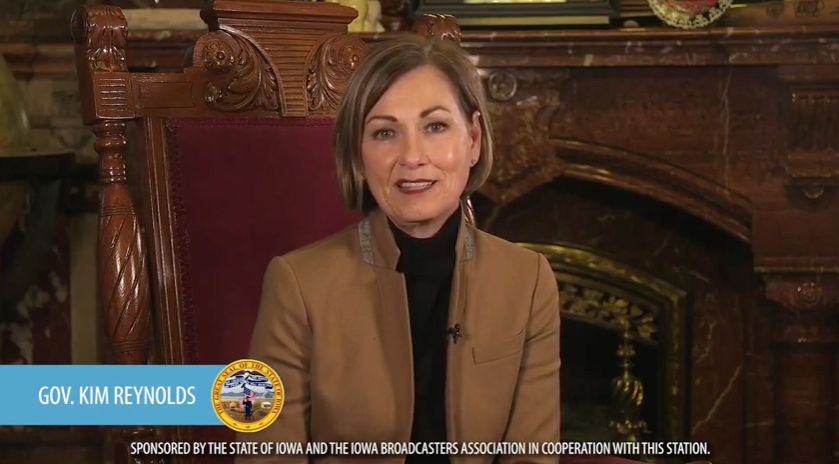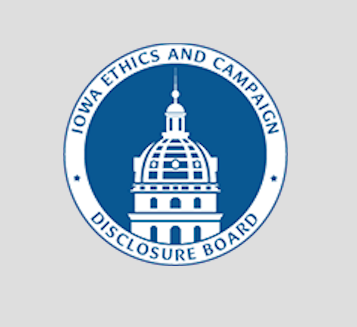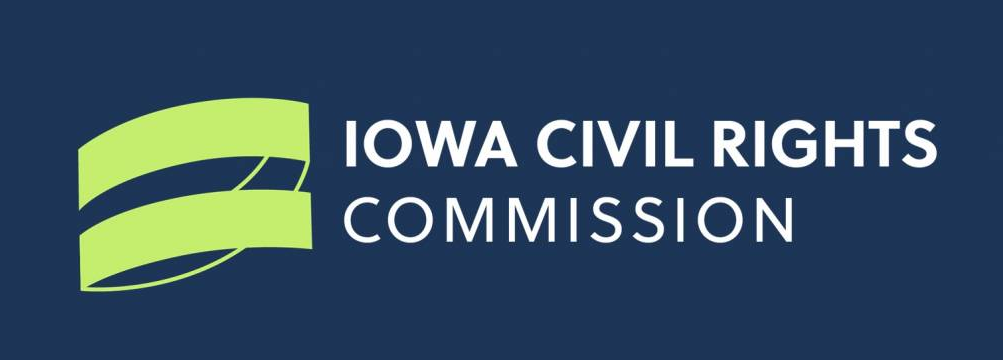Iowa House and Senate Republicans have agreed to increase the allocation for Governor Kim Reynolds’ office by more than 20 percent, even as many state agencies are receiving status quo budgets for fiscal year 2024, which begins on July 1.
Senate Appropriations Committee chair Tim Kraayenbrink acknowledged during floor debate on April 26 that Republicans do not know how the governor’s office plans to use an additional $500,000 standing appropriation for FY2024.
It was an extraordinary moment, but not a surprising one. For years, Reynolds’ staff have avoided disclosing how the governor’s office was covering expenses that greatly exceeded the funds allocated by the legislature, by nearly $900,000 in fiscal year 2020 and roughly the same amount in fiscal year 2021.
The Reynolds administration has also made it increasingly difficult to uncover details about the governor’s office spending through open records requests. Budget reports for fiscal year 2022, which ran from July 2021 through last June, were provided in a different format from previous years, concealing how much other state agencies provided to compensate Reynolds’ staffers. In response to a records request, the governor’s office claimed to have no invoices for such payments.
Nevertheless, documents obtained by Bleeding Heartland indicate that other state agencies contributed about $670,000 to cover salaries and benefits for Reynolds’ staffers during fiscal year 2022. The governor’s office was able to cover another $115,000 in expenses by continuing to understaff the Office of State-Federal Relations, for which other state agencies are charged a fixed fee.
In other words, even an additional $500,000 appropriation, bringing the governor’s office general fund budget to $2.8 million for the coming fiscal year, probably would not be enough to cover all expenses.
Continue Reading...

